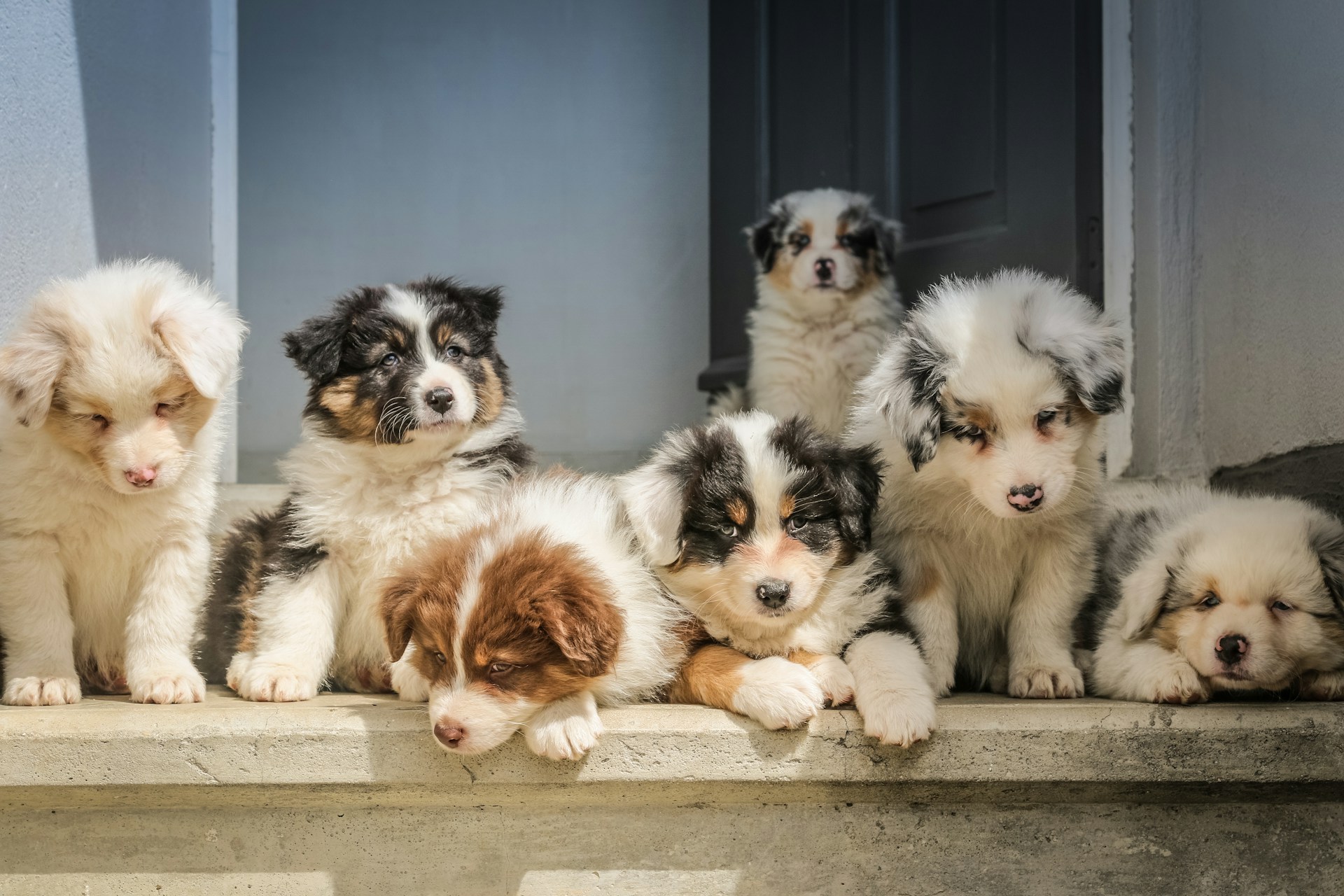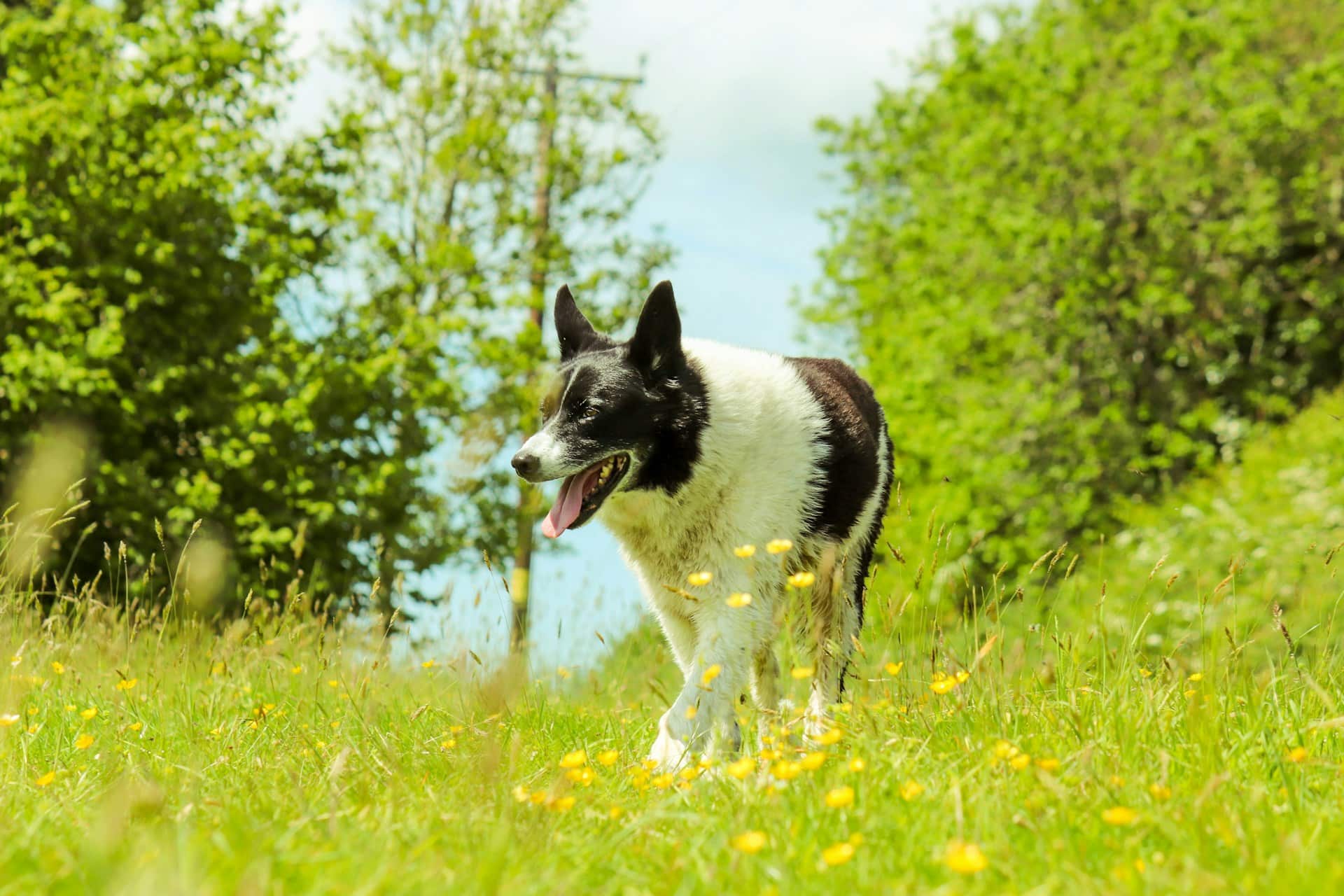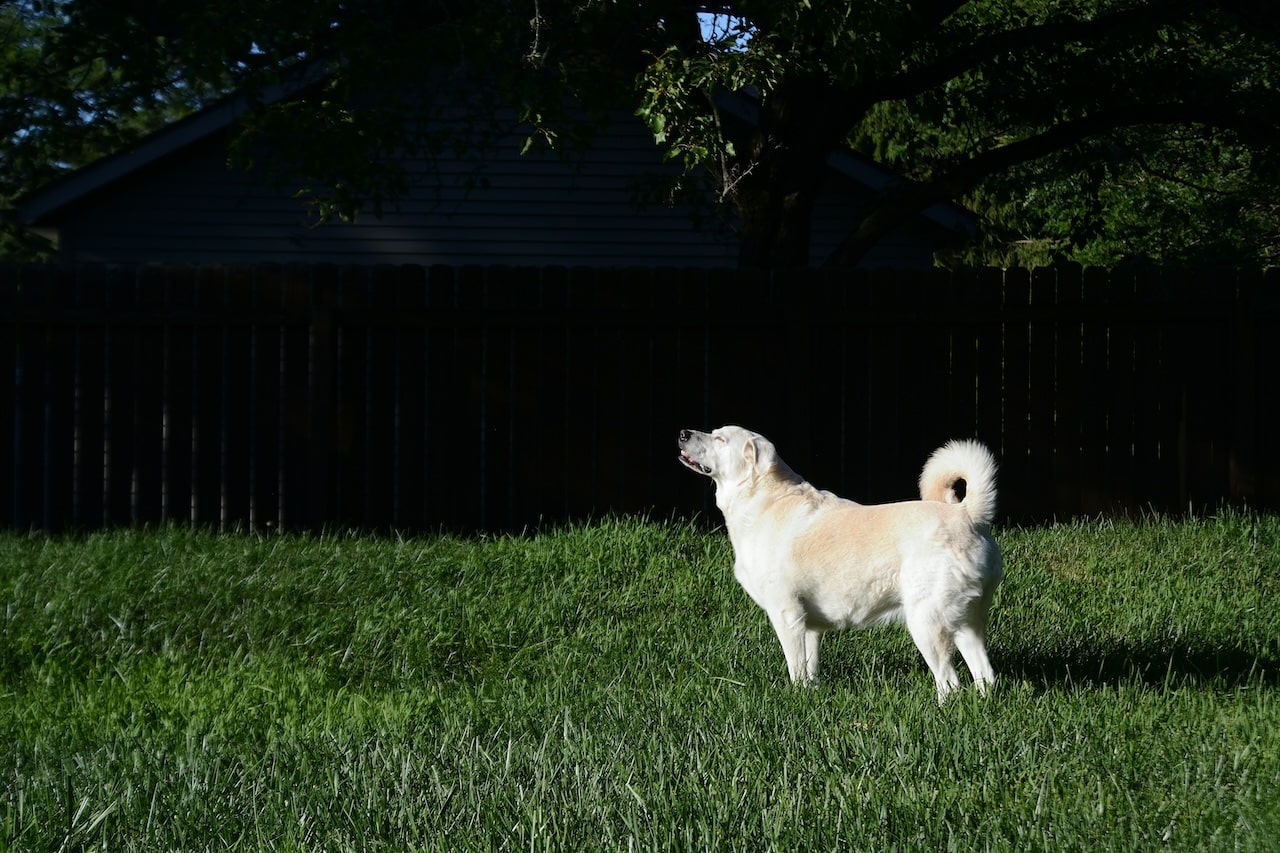Think of your new puppy as a warm, snuggly, furry sponge. They’re open-minded, curious and ready to absorb everything the world has to offer. As a pet parent, your job is to help your little ball of energy soak up good social behaviors that encourage confidence, friendliness and obedience.
Socializing your puppy is a big part of avoiding behavioral problems. However, puppy socialization isn’t just about letting your puppy loose around other dogs and hoping for the best. It requires care and attention. This guide will cover the ins and outs of dog socialization and discuss things to consider during this learning phase.
First, What Is Puppy Socialization?
Dog socialization is a term for teaching your dog to interact properly with people, other animals and objects (at home and in the wider world). It’s a lot like teaching a small child good manners by introducing them to new experiences.
Without strong social skills, your puppy may not know how to act in unfamiliar situations, leading to negative behaviors like anxiety, aggression and reactivity. Letting them experience and acclimate to situations early will reduce the risk of negative behavior in social settings later.
The Critical Puppy Socialization Period: “When” To Start
For most puppies, the prime socialization period occurs while they’re between 3 and 16 weeks old. During this period, a puppy’s brain is receptive to new ideas, habits and experiences. They’re easier to teach, and you often have a better chance of making new behaviors stick. Socialization is frequently divided into two stages, often called early socialization and general socialization.
The Early Puppy Socialization Phase (3-7 Weeks Old)
At this age, puppies are rapidly adopting adult dog behaviors, although many haven’t left their litters just yet. These young puppies are very curious, interacting with their mothers and siblings and exploring their world within the safety of the litter. It’s important to expose them to new situations during this phase, but with plenty of support and encouragement.
The General Puppy Socialization Phase (8-12 Weeks Old)
Upon entering general socialization, most puppies are ready to learn more about the wider world. They’re also beginning to move away from their litters.
At this time, you’ll want to begin introducing your puppy to a wider circle of animals and people. You can also work on foundational obedience and positive play skills to foster appropriate interactions.
It’s important to limit traumatic or painful experiences at this phase. A negative experience during the general socialization period can trigger behavior problems. Carefully introduce the puppy to new people and animals in friendly, loving ways that won’t overstimulate or scare them.
Debunking Common Myths About Puppy Socialization
There’s a lot of information about proper puppy socialization out there. Before detailing the correct approach, we need to address common misconceptions that are often unhelpful stumbling blocks to creating a friendly, social pup.
Myth #1: Wait Until My Puppy Has All Their Shots.
On the one hand, yes, it’s very important not to expose your puppy to potentially dangerous people, animals or environments before they’ve received their full vaccinations (e.g., rabies, canine parvovirus, distemper). The problem is that many puppies don’t finish their full series until at least 16 weeks old. If you wait until after vaccines to begin socialization, your dog may miss their peak socialization period, making training harder.
There are safer ways to socialize your puppy before they’re fully vaccinated. For example, let your puppy socialize with fully vaccinated adult dogs or healthy puppies in controlled environments.
Myth #2: The “7-7-7 Rule” Is All I Need To Do.
The 7-7-7 rule is a somewhat outdated socialization method. It instructs you socialize your puppy by introducing them to seven new people, seven new places and seven new surfaces in seven days.
While it’s a good starting point, the 7-7-7 rule can be a little too rigid. Socialization is an ongoing, complex process. It’s important to allow your dog flexibility to adapt to their world through diverse, organic experiences.
Myth #3: Dog Parks Are the Best Way To Socialize My Puppy.
Yes, dog parks are good places for your puppy to meet other dogs. However, they are not controlled environments. For example:
- They’re often busy, exciting and overstimulating. In other words, they can be scary.
- They can expose your puppy to danger while interacting with unfamiliar dogs.
- They’re often home to feces, waste and other hazards unsafe for unvaccinated puppies.
A negative experience at a dog park could instill lifelong fear or aggression in your puppy, which you’ll want to avoid. It’s better to introduce them to these busy settings only after exposure to controlled socialization.
How to Properly Socialize Your Puppy
Socialization is about more than teaching your puppy to be friendly. It’s about positively exposing them to the sights, sounds, surfaces, smells and experiences they may encounter throughout life.
Socialization at Home
Most puppies don’t go to their forever homes until they’re around eight weeks old. Therefore, they’ll likely be in their prime socialization period virtually as soon as they arrive.
- Sounds: Let your puppy experience common household sounds like the vacuum cleaner, doorbell or leaf blower. If they seem scared, encourage them and reward them with treats for calm reactions.
- Surfaces/Places: Let your puppy explore different spaces and textures (e.g., hardwood, tile, grass, concrete, gravel, carpet). Welcome them to safe spaces with encouragement, while gently discouraging them away from potential dangers.
- Handling: Carefully introduce your puppy to physical touch by letting them sniff and explore. Don’t let random people pick up, grab or squeeze the puppy suddenly (or too hard). Gently introduce handling tools like collars and leashes.
- People: Too many people at once could overwhelm your puppy. First, introduce them to small groups using inside voices, gentle touch and positive play. During first visits to vets and groomers, use treats and positive reinforcement.
- Animals: During initial introductions to other animals, fully supervise your puppy. Only bring them around well-trained, friendly and non-aggressive furry friends.
Safe Out-and-About Socialization
Alongside at-home training, let your puppy explore the outside world, but do so in a way that ensures they feel safe.
- Carry your puppy: A backpack, puppy sling or even a dog stroller can help your puppy experience busy areas (e.g., parks, supermarkets, playgrounds) from a comforting space. You can also place a blanket or towel on the ground for them to stretch their legs. However, don’t let the puppy venture beyond the blanket.
- Arrange playdates: Playdates help your puppy meet new friends in small groups. Ensure your puppy only interacts with well-behaved, fully vaccinated puppies who are likewise monitored by their owners.
- Take gentle car trips: Introduce your puppy to your car while it’s off and then start the motor to expose them to new sounds. After that, introduce motion through gentle rides. This is a great way to show your dog new places without too much close contact.
Warning Signs During Socialization
As you expose your puppy to new social situations, keep an eye on them. Warning signs of a scared or overwhelmed puppy include:
- Shaking
- Barking
- Pulled-back ears
- Whining or whimpering
- Growling
- Looking away
If you notice these behaviors, ease off and refocus their attention on something more positive. You can revisit the situation later. Don’t force your puppy to endure a situation they don’t like, as it could cause lifelong fear.
What if I Missed the Critical Socialization Period?
Socialization isn’t just for puppies. If you’re adopting an older dog past their socialization phase, don’t think you’ve missed your chance. Socializing an older dog may take longer and require additional help from a professional trainer, but it’s still possible. After all, who says you can’t teach an old dog new tricks?
Get Professional Guidance From Sit Means Sit Philadelphia
Socialization training may be for you, whether you have a new four-legged family member or want to help your older dog experience new situations easily. The key is to work with a team that prioritizes your dog’s comfort, confidence and security. That’s what you’ll find at Sit Means Sit Philadelphia.
We’re the professionals who can help your pal overcome fear in social settings, with years of combined experience training dogs of all ages, breeds and genders. Trust our science-based methods to deliver results for your pup to thrive.
Get a free consultation today to get started.


